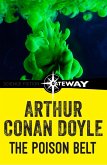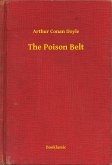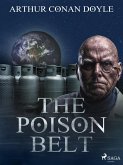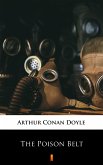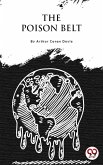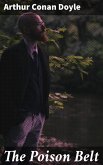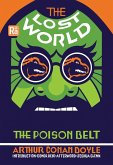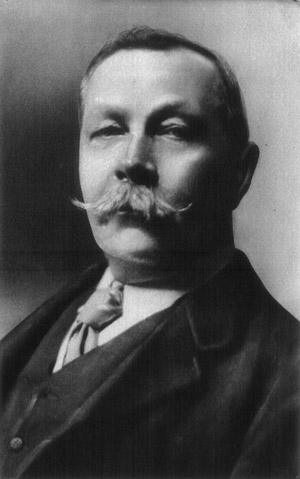In "The Poison Belt," Arthur Conan Doyle crafts a thrilling narrative that delves into existential themes and the fragility of human life. Set against the backdrop of a scientifically plausible disaster where the Earth passes through a deadly poison cloud, the novel employs a vivid, almost cinematic literary style. Doyle's deft use of suspense and a gripping plot structure helps to encapsulate the anxiety of the early 20th century, reflecting the era's fascination with science, discovery, and the unforeseen consequences of human progress. This speculative fiction piece thoughtfully explores not only the immediate physical dangers but also the psychological impact on civilization as it faces its potential extinction. Doyle, renowned for his creation of the master detective Sherlock Holmes, was heavily influenced by both his medical background and a keen interest in scientific advancements of his time. The tensions surrounding global events, including World War I, and the exploration of physics in the wake of Einstein's theories likely informed his portrayal of disaster and human resilience. Through his rich understanding of human nature and his capacity for social commentary, Doyle invites readers to confront moral and philosophical questions about existence itself. Recommended for both aficionados of science fiction and students of literature, "The Poison Belt" serves as a compelling exploration of humanity's vulnerabilities and resilience. Doyle's intricate plotting, character development, and insightful reflections on survival in the face of calamity make this a must-read for anyone intrigued by the intersection of science, philosophy, and human emotion.
Dieser Download kann aus rechtlichen Gründen nur mit Rechnungsadresse in A, B, BG, CY, CZ, D, DK, EW, E, FIN, F, GR, H, IRL, I, LT, L, LR, M, NL, PL, P, R, S, SLO, SK ausgeliefert werden.



